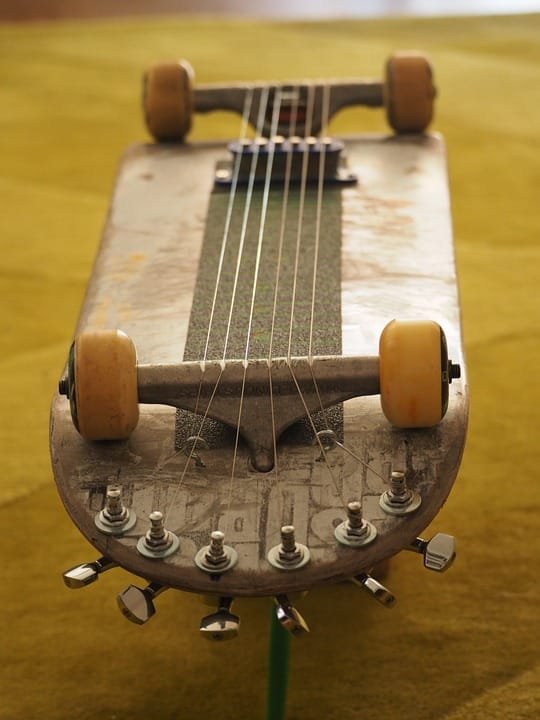H1: Embracing Sustainable Fashion: A Journey of Self-Expression and Conscious Living
As I delved into the world of sustainable fashion, I discovered a realm where creativity, environmental consciousness, and social responsibility intertwined. The journey has been nothing short of transformative, and I’m excited to share my experiences and insights with you.
H2: The Dark Side of Fast Fashion
Fast fashion, characterized by the rapid production and disposal of cheap, trendy clothing, has ravaged the environment and exploited labor. The stats are staggering: the fashion industry is responsible for 10% of global carbon emissions, and the average American generates 82 pounds of textile waste per year. (1)
H3: The Impact of Fast Fashion on the Environment
The consequences of fast fashion are far-reaching:
- Water pollution: 20% of global wastewater is generated by the fashion industry. (2)
- Greenhouse gas emissions: the production, transportation, and disposal of clothing contribute to climate change.
- Landfill waste: millions of tons of clothing end up in landfills each year, contributing to the growing issue of textile waste.
H4: Slow Fashion: The Antidote to Fast Fashion
Slow fashion, on the other hand, prioritizes quality over quantity, sustainability over trendiness. Brands like Patagonia, Everlane, and Reformation lead the way in sustainable fashion, using eco-friendly materials, reducing waste, and promoting transparency.
H2: Upcycling: Giving Old Clothes a New Life
Upcycling, the process of transforming old or discarded materials into new, valuable products, is a key aspect of sustainable fashion. By breathing new life into old clothes, we can reduce waste and create unique, one-of-a-kind pieces.
H3: DIY Yoke: Creating a Boho Chic Outfit from Old T-Shirts
One of my favorite upcycling projects is transforming old t-shirts into a boho chic yoke top. Here’s a step-by-step guide:
[Insert Image: A creative upcycling project using old t-shirts]H2: Tips for Sustainable Fashion Lovers
Adopting sustainable fashion practices can seem daunting, but with these simple tips, you can make a positive impact:
- Buy second-hand or rent clothing
- Invest in high-quality, timeless pieces
- Repair and maintain your clothes
- Shop from sustainable brands
- Reduce, reuse, recycle
H3: Maintaining Your Clothes: A Guide to Long-Term Care
To extend the life of your clothes, follow these care tips:
- Wash clothes inside out to reduce pilling
- Avoid over-drying or high heat
- Store clothes in breathable containers
- Use natural detergents and stain removers
H4: Conclusion and Call to Action
Sustainable fashion is a journey, not a destination. By embracing slow fashion, upcycling, and conscious consumption, we can reduce our environmental footprint and promote positive change.
Frequently Asked Questions (FAQs)
Q: How can I start adopting sustainable fashion practices?
A: Start by researching sustainable brands, shopping second-hand, and reducing your wardrobe size.
Q: What are some easy upcycling projects for beginners?
A: Try transforming old t-shirts into reusable bags, creating a denim patchwork jacket, or turning old jeans into a quilt.
Q: Can I still enjoy fashion without breaking the bank?
A: Absolutely! Thrift shopping, shopping during sales, and investing in timeless pieces can help you achieve a stylish and sustainable wardrobe on a budget.
Join me on this journey towards sustainable fashion and discover the power of conscious consumption. Together, we can create a more mindful, eco-friendly fashion industry.
References:
(1) Ellen MacArthur Foundation. (2019). A new textiles economy: Redesigning fashion’s future.
(2) United Nations Environment Programme. (2018). Fashion industry: A sectoral approach to sustainable consumption and production.
[Insert Image: A person enjoying a sustainable lifestyle, surrounded by eco-friendly clothing and accessories]







Leave a Reply